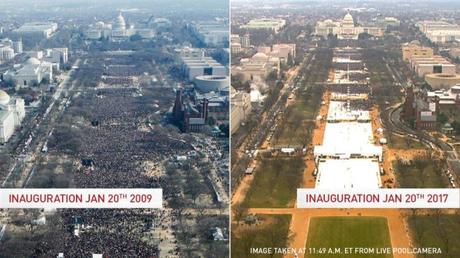
At Christmas time, the Christian churches return to the gospel accounts of Christ’s birth and re-read the events as they are described. In a recent conversation between Peter J Williams and sceptical theologian Bart Ehrman, there was an exchange of views about the reliability of these Gospel accounts. This was a discussion around the question, “How reasonable is it to accept the Gospels as history?” [1]
It’s important to recognize that the Gospels present themselves as historical accounts. Many scholars think they present as a first century literature form of biography, which was sometimes written in a particular form about important public figures. Jesus certainly qualifies as one of those.
It’s also important to realize that I am talking about using reason as we examine the Gospels, not some form of blind acceptance. There are good reasons to believe that, even though the Gospel writers sometimes give a different perspective on some events, that they were qualified to record these historical events.
First, they wrote them very quickly after the events occurred. The average person on the street might assume they were written hundreds of years after the fact … like legends. Yet the evidence points to a few decades after the fact. In historical terms, writing an account a few decades later is incredibly early, and few historical events we assume to be reliable have such excellent documentary support.
An important line of evidence towards the accuracy of the Gospels that Peter J Williams presented is the consistent correctness of the minor details. For example, geographic details about first century Palestine, names of people and places and the distances between these locations. So…
- the writers clearly know the area
- this suggests they must have been there
- they get the small details correct in their account
Given these points, why should we believe that the bigger details around Jesus and his life were fabricated?
In response, Ehrman reminded Williams about President Trump’s inauguration ceremony in Washington DC. If you remember, there was some controversy surrounding Trump’s claims on the number of attendees at this ceremony. He claimed a high number of people attended, while photographic evidence at the time points to a much much smaller representation. So what? Well, Ehrman says that Trump got the details right. There was a ceremony, and people attended and he was there. But just because these things are true does not automatically result in accurate reporting. Not at all. He clearly misrepresented the important issue of how many people attended! He is not a reliable witness.
You could apply this argument to the Gospels. Just because they got the small details right doesn’t mean they are reliable witnesses. Or can you? The reason people were sceptical of President Trump is that he is prone to exaggerate when he talks. Documented evidence of his exaggerations is easily available to us. So, this put his claims around his inauguration under sceptical scrutiny.
Yet no such precedent exists for the New Testament Gospels. K. Albert Little points out that there are no first century accounts that contradict the Gospel narratives. If they were manufactured, it would not have been difficult for the historians at the time (Josephus, Tacitus, etc) to set the record straight. Wouldn’t we expect to find this contrary evidence if the Gospel accounts were fabricated? Yet no such first century evidence exists. [2]
In the case of President Trump, we have experience of his exaggerations and we have photographic evidence of the event in question and this raises scepticism at President Trumps claims. Yet no such data exists on the Gospels. We cannot reasonably doubt the Gospels in the way we can doubt President Trump.
Albert Little goes further and points out that In 1 Corinthians, the Apostle Paul points to hundreds of people who could verify the stories about Christ’s life, death and resurrection. If you don’t believe me, Paul is saying, speak to them! If Trump had made this claim, he would have been found to be a bad witness. He could not do so. Yet Paul could easily do so because his account was solid and reliable.
Getting the small details right lends credence to the Gospel claims, and given that there are no contemporary voices disagreeing with their claims and no outside sources giving alternative version of events, we have no alternative data to cause us to doubt their claims. Remember that the likes of Josephus and Tacitus were writing towards the back end of the first century and they could have set the record straight if it needed to be done. And the early second century Church Fathers quote the Gospels liberally, showing that they were in heavy circulation well before then. There are good reasons to accept the Gospels as history.
[1] Peter J Williams & Bart Ehrman, The story of Jesus: Are the Gospels historically reliable?, https://www.youtube.com/watch?v=ZuZPPGvF_2I.
[2] K Albert Little, Did the Gospel Writers Get Facts Right But Their Stories Wrong?, https://www.patheos.com/blogs/albertlittle/the-gospels-are-reliable-and-ehrman-is-wrong/
